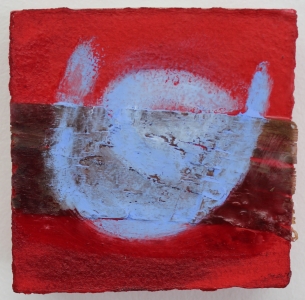Rabbi Elya Lopian (1876–1970) defined Mussar as “making the heart feel what the mind understands.”
The Mussar Movement, a Jewish ethical, educational, and cultural movement developed in the 19th century, has the Hebrew root of yasar/יסר, meaning “instruction” or “discipline.” The movement focused on developing ethical and moral behavior. Mussar recognizes that simply learning about kindness doesn’t mean that one will become kind, and so practitioners of Mussar focus on concrete steps and actions that help individuals to close the gap between their ethical ideals that they profess to hold and their actual actions.
All of us struggle with this gap between our ideals and living constantly in alignment with those values. Rabbi Elya Lopian (1876–1970) defined Mussar as “making the heart feel what the mind understands.” We often know what we should be doing, and yet, it is much harder than it sounds to make ourselves do it!
Rabbi Shlomo Wolbe, z”l, teaches the following in his Mussar classic, the Alei Shur, “Whatever character trait we describe in the Holy One of Blessing also applies and exists within a human being too: an individual can act with love or with jealousy. Just as we pray to God on Rosh Hashanah to move from God’s throne of strict judgement to God’s throne of compassion, so too can the power of compassion and love overcome our own feelings of anger…”
To be loving; to be a hesedik person, requires great discipline. To love someone doesn’t mean just loving when it is easy. Often, especially with those closest to us—our children, our partners, our friends—it can be extremely difficult to always respond with lovingkindness. When those we love don’t live up to our expectations, or they anger us, it is precisely because we love them it can be hard to remain objective and calm.
Mussar practice suggestion: Be careful today, when offering criticism, or feeling judgment arise in yourself, take a moment to check if your criticism is coming from a place a love, and reflect on how to express that concern with love so that it can be received.
Image by D’vorah Horn from her set of Omer Practice Cards (2016).











